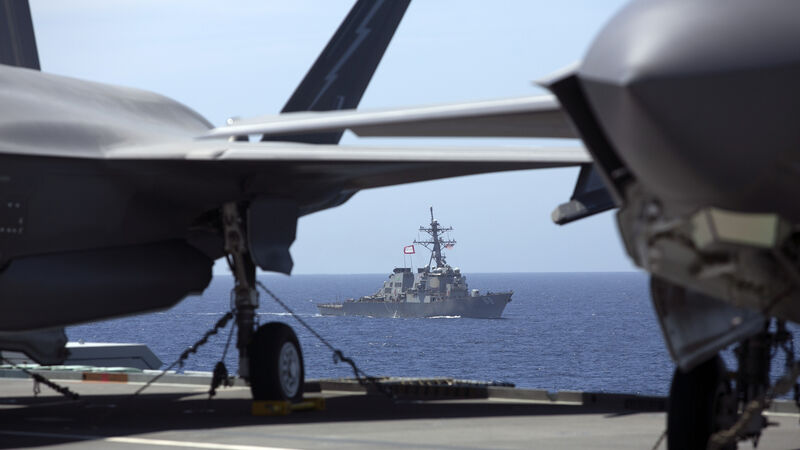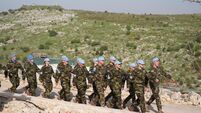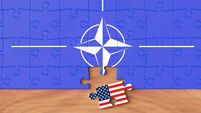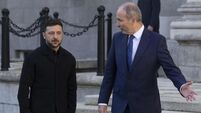Carol Fox: Irish reputation as peacekeepers will be damaged by ties to nuclear-armed Nato

A joint declaration on EU-Nato co-operation was agreed in January, stating that a European defence must be 'complementary to, and interoperable with Nato'. Picture: Ana Brigida/AP
We will be told there’s no question of joining Nato but our neutrality has to be “redefined”. Part of that “redefining” is an ever-closer partnership with nuclear-armed Nato through the Partnership for Peace (PfP).
















